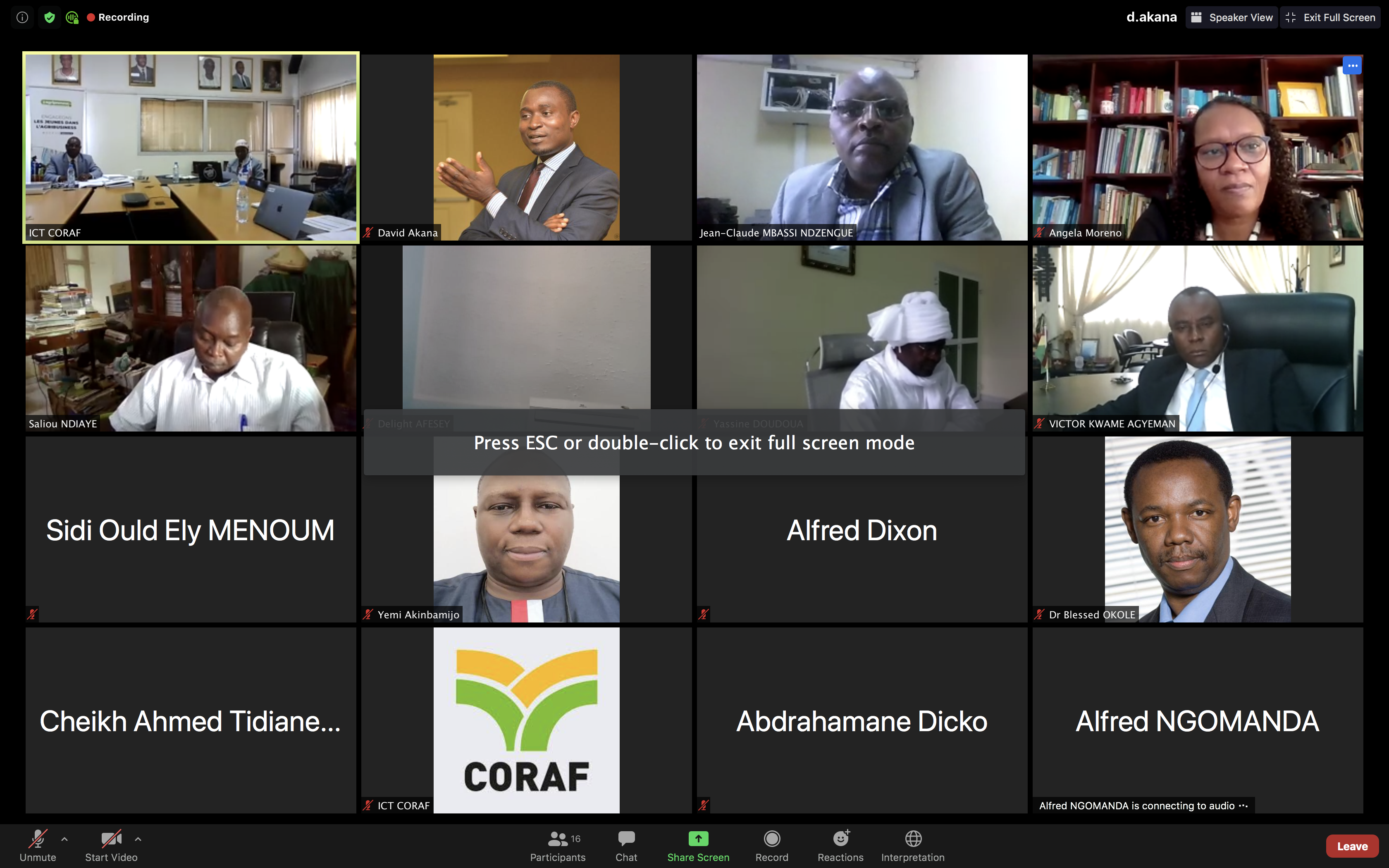The 28th Session of the Governing Board (GB) of CORAF takes place from July 14-16, 2020. It will be presided over by Dr. Maria Angela P. Bareto Da Veiga Moreno, Chairperson in GB. For three days, the GB members will deliberate and take decisions that are critical to improving the corporate governance of CORAF and enhancing the performance of the Executive Secretariat.
Considering the travel restrictions imposed by various governments due to the global COVID-19 pandemic, this 28th Session of the GB will be held via video conference.
CORAF’s governance system is composed of a General Assembly (supreme authority and highest decision-making body), a Governing Board, an Executive Secretariat, and the Scientific and Technical Committee.
The General Assembly meets once every three years with the most recent taking place in April 2018 in Dakar, Senegal, and approved a new strategic direction for CORAF to transform the agriculture economy sustainably. CORAF’s Governing Board is mandated by the General Assembly to monitor and implement its decisions. In this capacity, the Governing Board supervises the Executive Secretariat’s activities and, as a result, examines, approves, and monitors the annual program and budget.
On the governance issues, the Governing Board plans to examine, among others, the state of implementation of the Governing Board 2019-2021 Action Plan, the preparation of the 13th Ordinary Session of the 2021 General Assembly, and the performance of the Executive Secretariat with respect to program and budget implementation.
CORAF is expected to hold two sessions of the GB each year. The sitting Chairperson, Dr. Maria Angela P. Bareto Da Veiga Moreno is a Cape Verdian national and also  Head of the National Research Institute for Agricultural Development (INIDA). She is an expert in biosystems and rural engineering and has been chairing the GB since April 2018.
CORAF’s GB is made up of a diverse group of actors representing its broad constituency. Members include representatives of national research systems, international research organizations, donors, civil society organizations, and farmer groups.
Also Read:
- CORAF Board Approves 2020 Work Plan
- CORAF Governing Board Holds in Praia, Cape Verde
- Agriculture Minister Urges More Funding to Research
- INIDA’s Catalytical Role in Innovation Diffusion Praised
- CORAF New Chair takes office with Mission to Rein in on Growing Poverty
- Cape Verdean Elected New Chair of CORAF
- CORAF to Hold General Assembly in Dakar
- 12 General Assembly Opens in Dakar
 English
English
 Français
Français 
